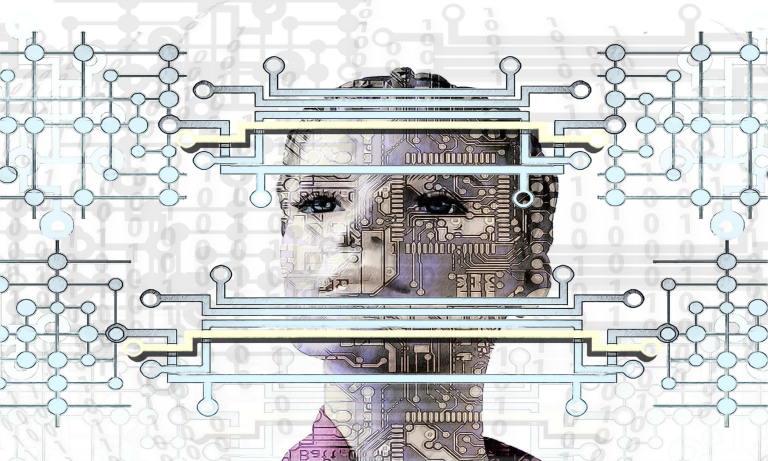 Of the main four banks in the UK, there has already been a number of staff cuts in an attempt to save money
Of the main four banks in the UK, there has already been a number of staff cuts in an attempt to save moneyThe search for efficiency throughout the recruitment process has fuelled recruiters interest in AI. Finding employees with the correct mixture of skills, personality and motivation is difficult – even when there is a large pool of candidates available.
“The benefits are huge,” says Eyal Grayevsky, CEO of Mya Systems, which has created an AI recruiter called Mya. “Companies have large databases of candidates they have acquired over the years, and they are receiving more CVs than ever before, now that the internet has made it easier to apply for jobs. Previously, recruiters were drowning in manual work, assessing applications. With AI, they can automate the repetitive tasks that slow them down.”
One large retailer that used Mya to hire warehouse staff reported a 79% reduction in the time it took to fill each position, and a 144% increase in productivity per recruiter who used the technology. Job candidates, meanwhile, benefit by receiving a guaranteed response from Mya. “It’s a very human-like interaction,” Grayevsky says.
The concern has arisen that robot recruiters may displace the human recruiter, but Anna Seely, principal of talent strategy at Mercer, says: “The role of HR is evolving as a result of digital disruption. Rather than replacing humans, AI gives us access to much richer data to drive better decision making.”
Hiring managers need to think how the two can work side-by-side, “Skills such as purchasing and managing technology, analysing data and designing new products and services will be essential. HR will be a more powerful function going forward,” Seely says.
Recruiters love this COMPLETE set of Accredited Recruitment & HR Training – View Training Brochure








